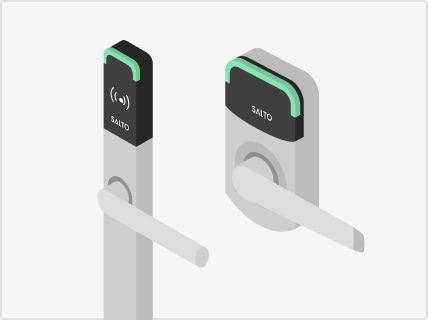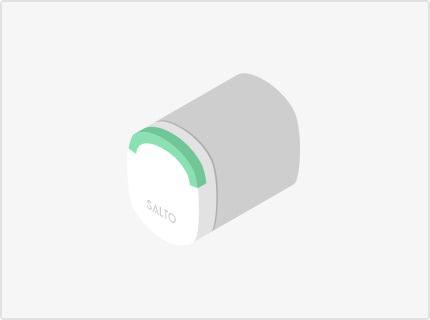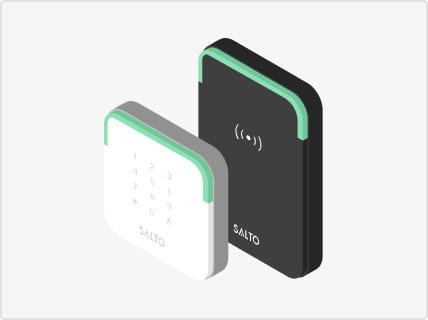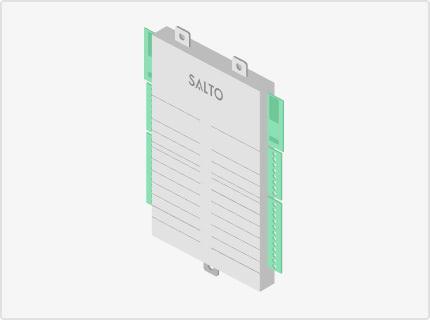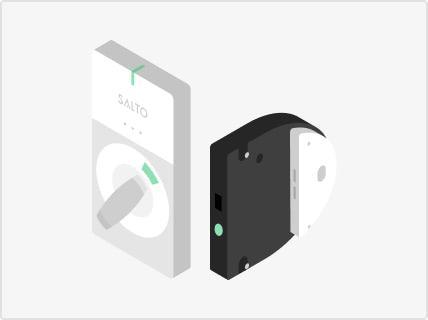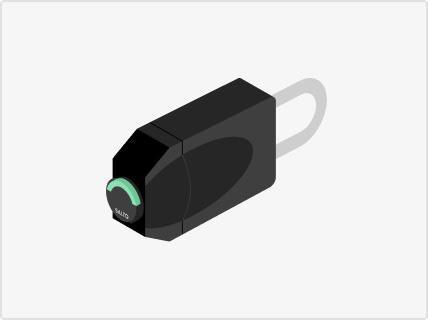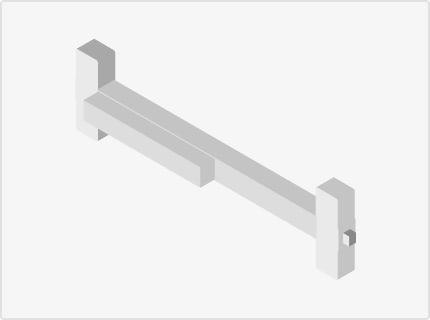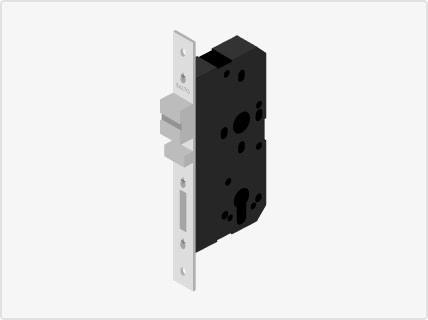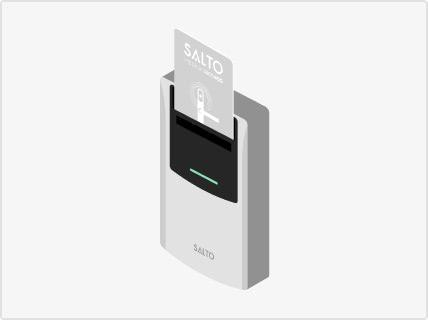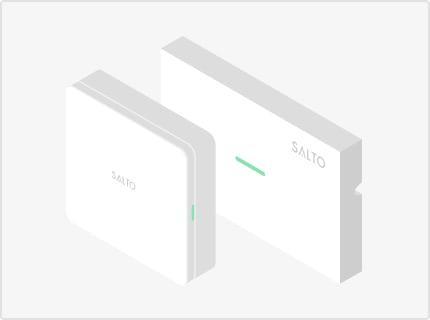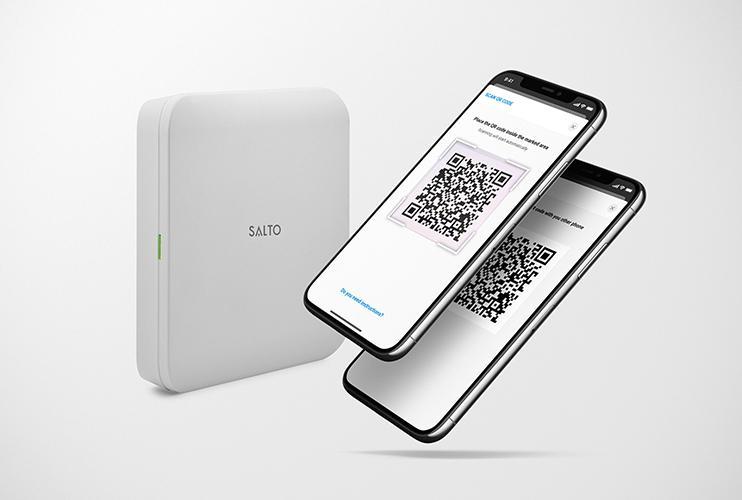
A few weeks ago, we released the first to a two-part interview series with our KS Connect partner, Cobot. Cobot is the leading management software for flexible workspaces and is used by tens of thousands of coworkers worldwide. With more than ten years of experience, the company is the management software behind a multitude of spaces and coworking projects as they have grown their businesses and communities.
In our first interview, Kristina Schneider, Co-founder and CPO of Cobot, provided us with knowledge of her decade-long experience of scaling coworking spaces around the world and gave us insights into the success stories of their clients and the importance of growing and fostering a community.
For this second part, Kristina discusses the need for human connection as a freelancer, Cobot’s commitment to empowering spaces to fulfil their specific needs, and the company’s deep belief in the potential of coworking.
Due to the pandemic, we spent more time than usual inside our homes. How do you see the future of freelance?
We will see a huge flow of freelancers entering flexible workspaces. After more than a year of living through a pandemic, freelancers are itching to get out of their homes. Having started out as a freelancer myself, I remember two main challenges very well: Opportunities to expand my professional contacts, and seeking to avoid loneliness.
Both have grown extraordinarily difficult recently, and while cafés and public places might still remain closed off for freelance workers, coworking communities are already back (at least partially) and offer safe ways to connect.
Right now workspace management software is on the rise. What distinguishes you from your competitors?
With our decade of experience helping flexible workspaces of all sizes grow, we’ve been able to accommodate the complex billing and payment needs of spaces in many sizes, countries, and languages.
As our toolset has grown, our core features continue to incorporate more integrations, more add-ons, and more accolades—but we’re particularly proud of the stories we hear from managers who tell us how our support and core tools elevated them to a level where they were free to rediscover what they love about coworking. We’re not outsiders or trying to upsell spaces on features they don’t want, rather, we’re here to make growing flexible workspace operations easier and give every space the tools they didn’t know they needed.
Coworking spaces in over 90 countries use Cobot. Do you see a difference in demand coming from cultural differences?
We see strong entrepreneurial energy, especially in emerging markets, and in new spaces starting out with large budgets and huge multi-location projects. At the same time, we see smaller, often rural or small-town spaces pop up, who re-use existing locations and build spaces for just a handful of members.
Our main concerns are the differences in legal, tax, or privacy requirements, and ensuring Cobot is flexible enough to work with all of them. Our billing and invoicing system must be capable of serving a diverse array of spaces—and their tax offices. By providing them with these features our spaces are able to focus on their members and cater to their community needs.
Can you share valuable insight about Cobot that is not known to many, but should be in your eyes?
Can I say what I’m most proud of? I think it could offer an important insight into what motivates us and what guides our feature development and product.
Our company is guided by a deep belief in the potential of coworking, and our employees have used our company values as a springboard to assert their own influence on the company.
Members of our team developed the Coworking Code of Conduct, a free to use (and free to modify) code of conduct designed for coworking-related events. We believe strongly that in order for the growth of the coworking industry to be equitable and accessible, we need to collectively grow our community skillset. Internally, our team drafted and instituted a code of conduct to ensure that we were leading by example.
Our employees also formed a Betriebsrat (Works Council) and I’ve been proud of the way that everyone on our team has taken ownership over the success of Cobot. It’s essentially a worker-led structure meant to give every employee a say in our workplace decisions. What I’ve seen in the process has been that our team feels passionately connected with both the success of our product but also the spaces we help achieve their own goals.
When we consider what to develop internally, it's always about the value to customers. We consider ourselves invested in the success of every space and of the industry as a whole.
What would you like to see for the future of this integration with SALTO KS?
I would love to see this integration open up new possibilities for our shared users. I hope that years from now we lose track of how many customers have been able to use our integration to help their community develop new skills, promote entrepreneurship, break down barriers for underserved communities, and support those most in need of a leg up to achieve their potential.
And on a technical level, I can’t wait to see how both of our products will evolve to meet the needs of flexible workspaces in the future. This past year has only reinforced my desire to help coworking spaces grow with automation. We could never have predicted what challenges we’d face today—but what we’ve always known is that coworking is at the forefront of the future of work and that we’ll always need an agile mindset to adapt to the latest developments across the industry.
We believe strongly that in order for the growth of the coworking industry to be equitable and accessible, we need to collectively grow our community skillset.

If you missed the first part of our interview with Cobot, check it out here on our blog.
We would like to express our sincere gratitude to Kristina and the team at Cobot for sharing their industry insights and vision with our readers! If you would like to find out more about Cobot, visit their website, Instagram, and LinkedIn.


